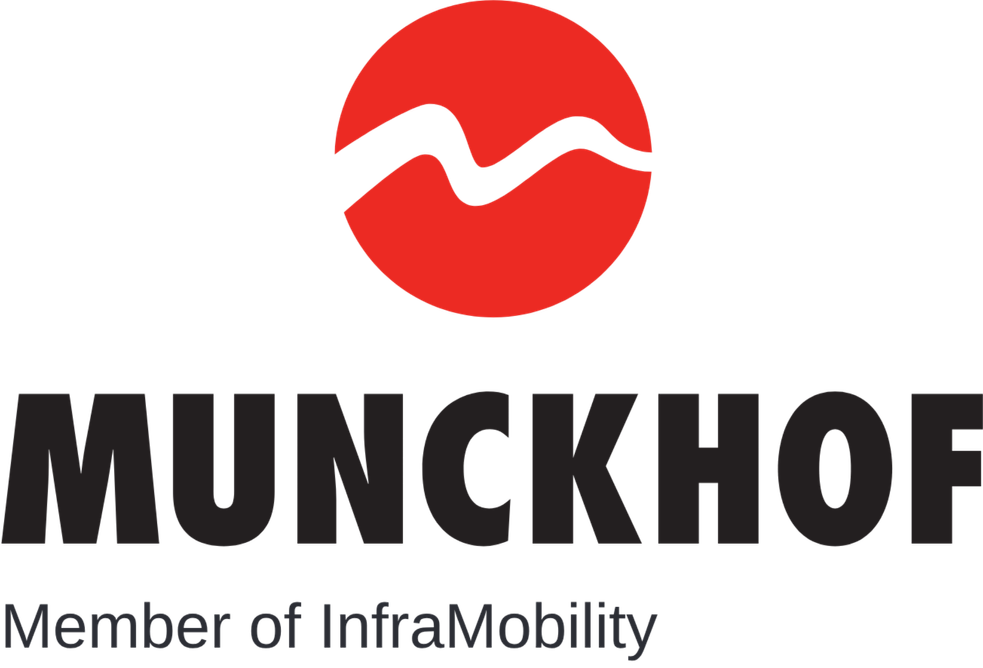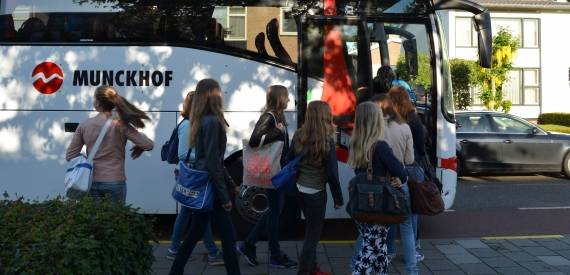How can educational institutions ensure a successful tender process?
Some of the most frequently heard responses are: 'There's nothing wrong with our transport provider!' and 'Why do we need centralized transport when I can take care of it myself?' However, legislation requires educational institutions to put out a tender for contracts above a certain amount. For managers and administrators, a tender is a way to save costs or achieve other objectives. But how do you ensure that a tender is successful for all parties involved?
Listening to all parties
In my experience, the success of a tender depends on the amount of support that is generated. A tender does not start with an announcement; in fact, it doesn't even start with a schedule of requirements and wishes. A tender starts by investing a lot of time and energy into the people who will ultimately carry out the contract.
Understanding is key
Naturally, the tender has to generate certain results, such as cost savings, quality improvements, innovations or sustainability gains. If the employees at the educational institution don't know which goals to achieve and why, there is no chance of success. Involving this group in the process and taking their opinions into consideration when setting goals helps to lay a solid foundation for the tender.
Practical example
Allow me to share a practical example. Several years ago, we won a tender for an educational institution because we offered the best solutions for the wishes and objectives. Unfortunately, these turned out to be the wishes and objectives of the school's executive board. We weren't aware of the internal process that preceded the tender. Nevertheless, we carried out the contract as agreed. The employees at the educational institution weren't aware of the main goals of the tender and were essentially left out of the process. Despite having fulfilled our contractual obligations to the executive board, the process was not successful because it failed to generate enough support.
Past experiences
Is generating support before the process starts enough to ensure success? The simple answer is no. Support should be generated throughout the process, from beginning to end. That means listening to the teachers who will be doing the work. Their expertise and input are extremely valuable and can be applied in practice. This is the best way to ensure full cooperation.
It's important to listen to both the client and the teachers once the contract has started in order to further streamline the process. Keep the lines of communication short and transparent for all involved parties until the next tender process begins. Project-based tenders that focus on streamlining internal communication yield the best partnerships and help to achieve the desired results.







